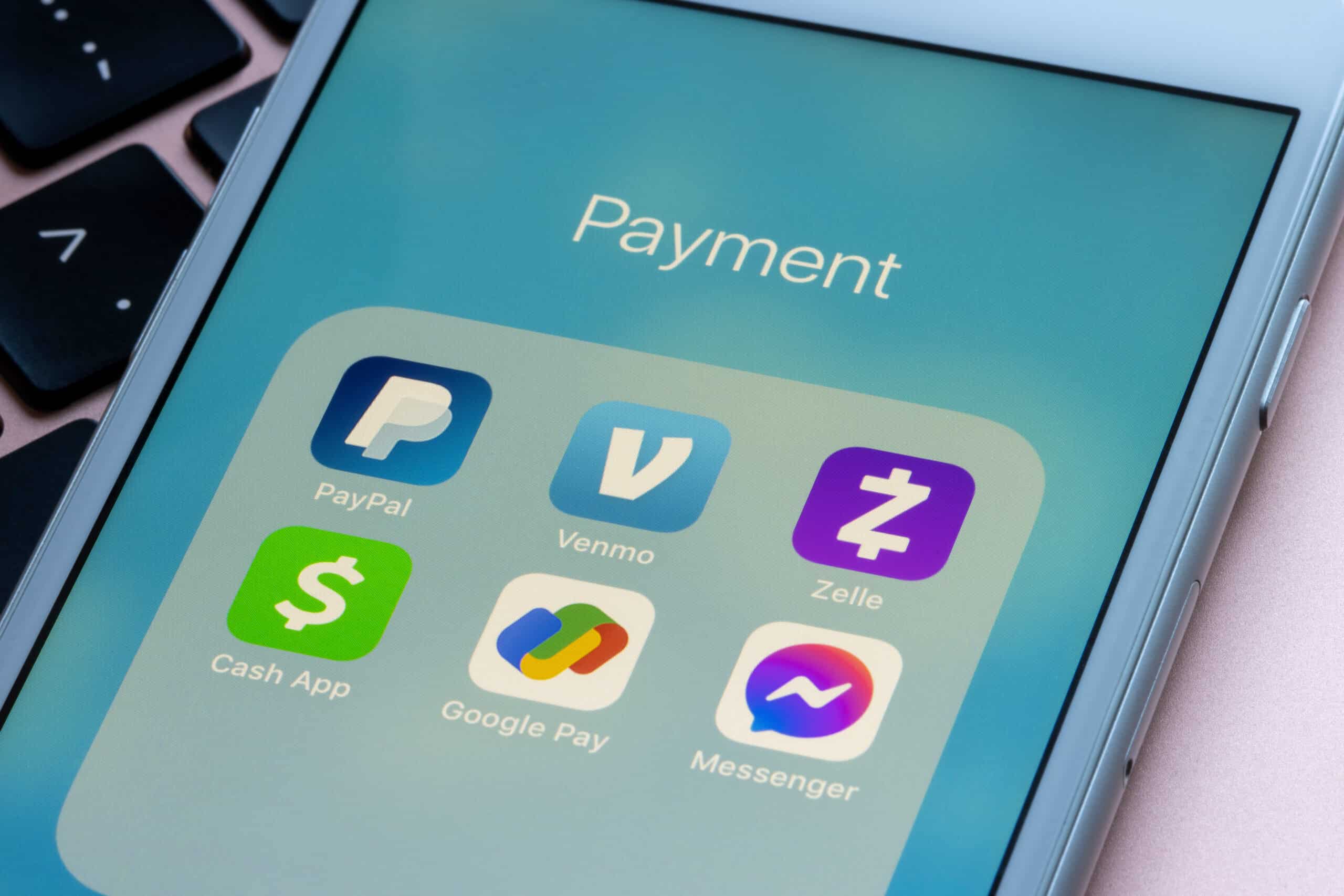PayPal and Venmo are two widely used digital payment platforms with similar features but different fee structures and target user bases. PayPal offers a wider range of payment options, advanced security features, and buyer/seller protection, making it a good choice for those needing both personal and business uses. Venmo, aimed at millennials and younger users, offers no fees for personal transfers, simplistic interface, peer-to-peer payment options and the ability to link accounts to a debit or credit card. Ultimately, users should select the platform that best meets their requirements by considering their specific needs, security options and fees.
PayPal vs. Venmo: Which Online Payment Platform is Superior?
As digital payment platforms become more popular, people are looking for simple, safe, and reliable online payment options. PayPal and Venmo are two of the most widely used payment platforms available today, with each having its own strengths and weaknesses. In this article, we’ll compare and contrast PayPal and Venmo to help you decide which is the best option for your needs.
Background
PayPal was founded in 1998, and since then it has become one of the most popular payment platforms around the world. It allows users to pay for services and goods online, transfer money between accounts, and send and receive money from other PayPal accounts. Venmo, on the other hand, is a more recent digital payment platform that was launched in 2009. It is used primarily for peer-to-peer transactions, such as splitting a restaurant bill or sharing rent with roommates.
Features
The main features of PayPal and Venmo are quite similar, but each platform has its own unique highlights. PayPal offers a wide range of payment options, including the ability to pay for goods and services online, track expenses, and transfer money to other accounts. It is also easy to set up and use, with a straightforward interface and secure encryption for transactions. Additionally, PayPal offers fraud protection and a buyer/Seller Protection program for purchases made through the platform.
Venmo, on the other hand, was originally designed for mobile use and has become a popular option for millennials and younger users. It offers a simplistic interface and peer-to-peer payment options, including the ability to split bills, pay friends, and even make in-app purchases. Venmo also lets users link their accounts to a debit or credit card for easy access.
Fees
Fees are an important consideration when choosing an online payment platform, and both PayPal and Venmo have their own fee structures. With PayPal, there are no fees for sending or receiving money from another PayPal account. However, PayPal charges a fee for payments received from credit or debit cards, international payments, and currency conversions. It also charges a fee for withdrawing funds to a bank account or converting currency. Additionally, if PayPal is used for business purposes, there are fees associated with receiving payments.
Venmo, on the other hand, has a straightforward fee structure. There are no fees for sending or receiving money using Venmo, as long as the transactions are between Venmo accounts or linked bank accounts. However, there is a fee for using a credit card to fund payments or for receiving payments from someone who uses a credit card.
Security
Security is one of the most important factors when choosing an online payment platform, and both Venmo and PayPal take this very seriously. PayPal uses secure encryption for all transactions and provides fraud protection through its buyer/Seller Protection program. It also offers two-factor authentication for added security.
Venmo also uses secure encryption technology, and all transactions are protected by a PIN code or fingerprint recognition. However, Venmo does not offer the same level of buyer and seller protection as PayPal. Instead, it recommends that users only transact with people they know and trust.
The Verdict
So, which online payment platform is superior: PayPal or Venmo? The answer depends on your specific needs. If you are looking for a payment platform that offers a wide range of payment options, with advanced security features and buyer/seller protection, PayPal may be the better option. However, if you want a simple, easy-to-use platform for peer-to-peer transactions, with no fees for personal transfers, then Venmo may be a better option for you.
Ultimately, your choice of payment platform will depend on your specific requirements and priorities. By understanding the different features, fees, and security options of both platforms, you can make an informed decision and choose the platform that best meets your needs.
